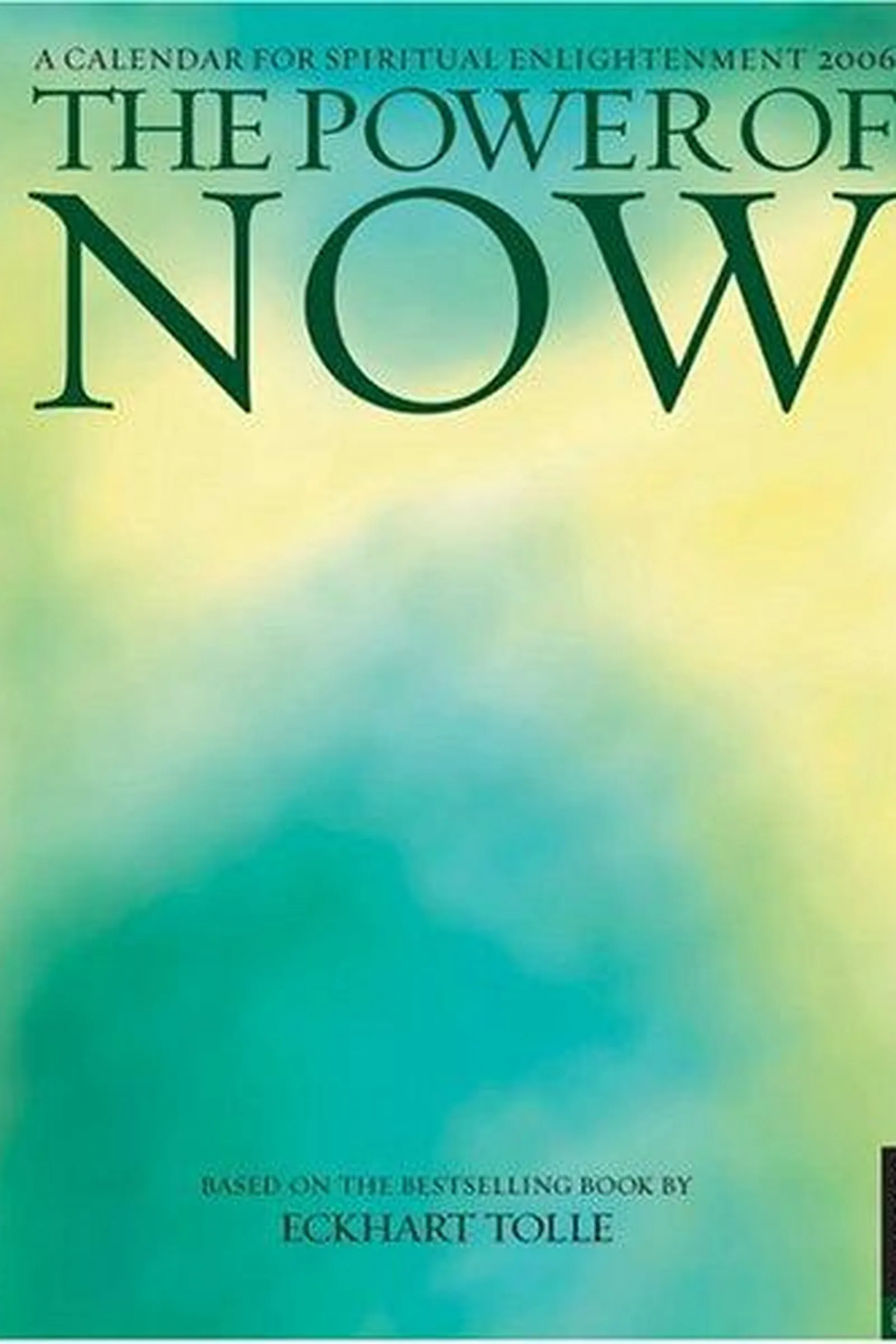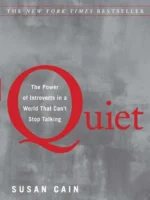The Power of Now, Eckhart Tolle, 1997
- Author: Eckhart Tolle
- Genre: Mind & Soul
- Publisher: New World Library
- Publication Year: 1997
- Pages: 236
- Format: Paperback
- Language: English
- ISBN: 978-1577314806
- Rating: 4,1 ★★★★☆
The Power of Now Review
About
First published in 1997, Eckhart Tolle’s The Power of Now is a modern spiritual classic that fuses mindfulness, philosophy, and psychology into a simple but profound message: the present moment is all there is. The book became an international phenomenon not because of complex theory but because of its clarity—it invites readers to step outside the noise of thought and live consciously in the now. It’s not about religion or self-help formulas; it’s about awareness as liberation.
Overview
Tolle structures the book as a dialogue, answering questions about suffering, identity, and awakening. He explains how much of human pain comes from over-identification with the mind—dwelling on the past or fearing the future. The antidote, he argues, is presence: quiet observation of one’s thoughts without judgment. While the language borrows from Buddhism and mysticism, Tolle’s approach is practical, stripped of dogma. Readers are guided through exercises to observe the ego, dissolve compulsive thinking, and reconnect with inner stillness.
Summary
(light spoilers) The book’s power lies in its simplicity. Tolle begins with his own spiritual crisis—a breakdown that led to an awakening—and uses it as a springboard to teach others how to “watch the thinker.” He introduces concepts like the “pain-body,” a kind of emotional residue that fuels suffering, and explains how presence dissolves it. Each chapter deepens the practice of awareness, urging readers to treat consciousness not as a goal but as a state already available. By the end, The Power of Now feels less like philosophy and more like permission—to stop striving and start being.
Key Themes / Main Ideas
• Presence — freedom exists only in the now.
• Ego — identity as illusion and obstacle.
• Suffering — created by resistance to what is.
• Awareness — observation as transformation.
• Spiritual simplicity — truth that requires no belief system.
Strengths and Weaknesses
• Strengths — Clear, accessible, and timeless; distills complex spirituality into lived practice.
• Strengths — Gently radical in its invitation to stop overthinking.
• Weaknesses — Some readers may find its mysticism vague or repetitive.
• Weaknesses — Practical applications can feel abstract without meditation experience.
Reviewed with focus on themes, audience, and takeaways — Eckhart Tolle
| pa_author | Eckhart Tolle |
|---|---|
| ISBN | 978-1-778-83799-5 |
| pa_year | 1998 |
| Pages | 608 |
| Language | English |







